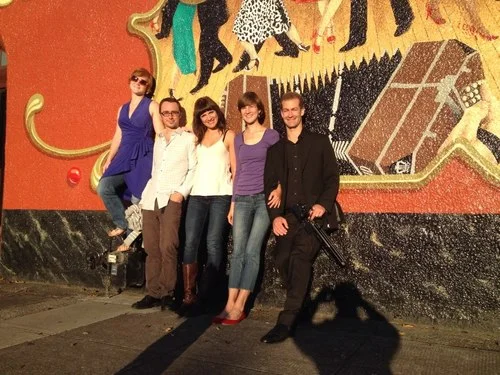Peter Tosh Birthday Celebration
Tosh 1 plus
Rastarenes
Sister I-Live
Kava Jah
Jah Warri
Nyabinghi Drummers
Peter Tosh Film at 8:30 pm
Reggae
Doors at 8:00 pm
Show at 9:00 pm
$15 Student and Advance
$20 Day of show
An array of reggae stars and new voices join for our annual Peter Tosh birthday celebration. Headliner Tosh1 – Peter Tosh’s youngest son – is joined by women’s vocal trio the Rastarenes, Tosh’s cousin Sister I-Live, Brady Summary, Jahwarri and the Nyabinghi Drummers, for a one-night festival of conscious music that begins with a film on Peter Tosh at 8:30, followed by the live music.
Peter Tosh (Oct. 19, 1944 – Sep. 11, 1987), also known as the Mystic Man, the Bush Doctor, and the Son of Reggae, was a founding member of the Wailers with Bunny Livingston/Wailer and Bob Marley. Tosh was the guitarist and one-third of the singing team until 1974, when he and Bunny both left the Wailers to Marley and pursued solo careers. His first album and its title song, “Legalize It,” became an anthem and rallying cry for Rastafarians and others who consider marijuana an integral part of their religion. His 1978 “Bush Doctor” album was issued on the Rolling Stones’ label, and he toured as their opening act. Other hits included “Apartheid,” “Equal Rights,” and “Not Gonna Give It Up.” He received a Grammy Award in 1987 for “No Nuclear War,” but was killed that year during a robbery attempt at his Jamaican home. His spirit lives on in his message and music, which continues to inspire new generations of musicians, including tonight’s artists.
Just 7 years old at the time of his father’s death, Tosh1 began writing his own songs almost immediately. Music became a calling, and as Tosh1 says, “My mission is to deliver a message of truth without compromise in the language I am most familiar with: the language of the struggle.” In recent years Tosh1 has shared concert stages with greats of Peter Tosh’s generation, including Sizzla, Gregory Isaacs, and the Wailers Band (performing his dad’s songs), and has collaborated with Dennis Brown’s son, Daniel. He is at work on his first album.
Three women formed the vocal trio the Rastarenes in Kingston, Jamaica, in 1993, and have been harmonizing conscious anthems ever since. Keteis Brissett (Fenote), Juliet Baruch (Welete), and Marlene Flemmings (Semra) were born and raised in the Ethiopian Orthodox Tewahedo faith. They sing in Ge’ez Amharic and English. As the Rastarenes, they began recording at Tuff Gong Studio in 1994, with Rita Marley producing their song “Freedom Fighter.” Known for songs such as “Selam Ena Fikir” (“Peace and Love”), “Atilaleh” (“Purification”), and “In the Name of Life,” for them music is a healing force. Although they later pursued solo work, the women reunited in 2014 and continue to sing their uplifting and deeply spiritual music.
A cousin of Peter Tosh, Jamaican-born singer and dancer Sister I-Live has been a major voice in the Bay Area reggae world for three decades. She was the vocalist for the groups The Chosen Few, The Elevation, and the Out Of Many One Band. A committed Rastafarian, she took her reputation as a dancehall diva and Nyabinghi chanter forward to lead her own band. She has released two CDs (a third CD, “Herb Woman,” is in the works) featuring original songs and classic reggae cover tunes. Her sets are peppered with island dance music and Nyabinghi chanting, as well as calypso and soca rhythms.
Originally from Jamaica, vocalist Jahwarri is an Oakland businessman and regular participant in our Peter Tosh celebrations, bringing his own songs and reggae classics.
The Nyabinghi Drummers trace the greatest reggae musicians’ spiritual roots to Rastafarianism, playing the beats and chants at the heart of the religion as well as forming the foundation for later reggae in Jamaica. They help set up the deepest feelings for tonight’s celebration. According to Sister Irie, the first Nyabinghi drummers were women in Uganda, in their struggle against German colonists a century ago. In Jamaica in the 1950s it became part of the Rastafarian culture, a day in the hills of food, dancing, drumming and chanting, used to honor holy days. The music, the religion, the culture and politics of Rastafarianism evolved into Jamaican reggae. But tonight’s performers dig back into the real roots.

